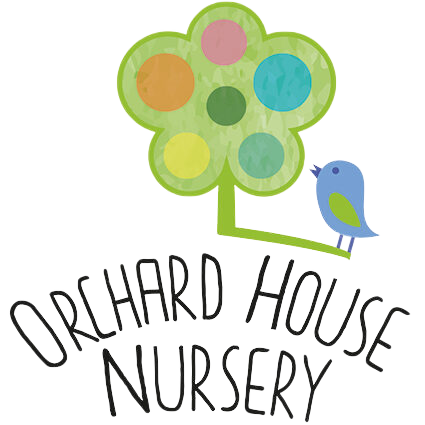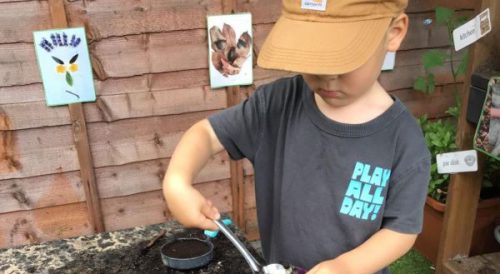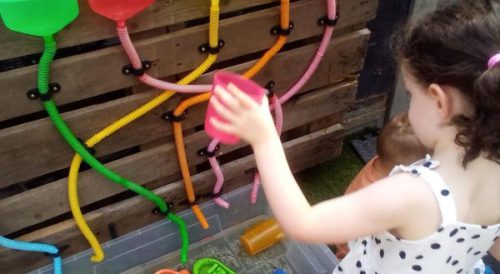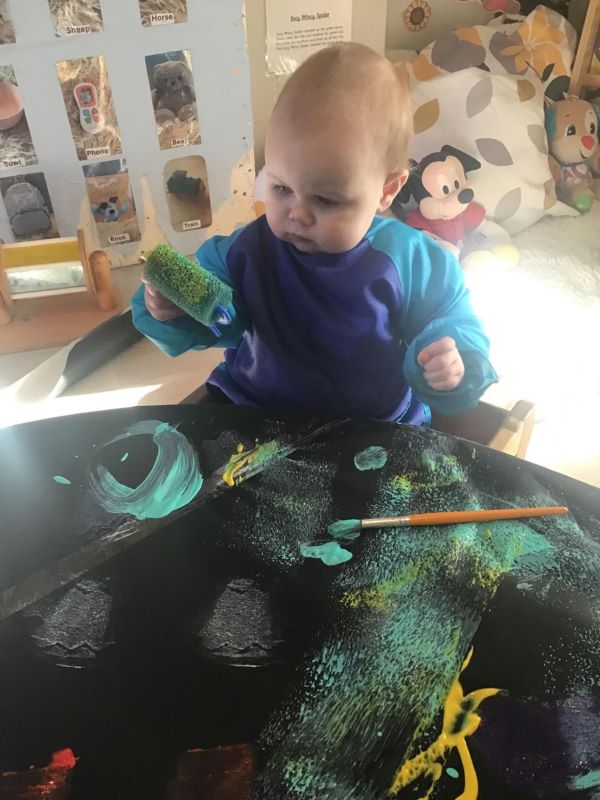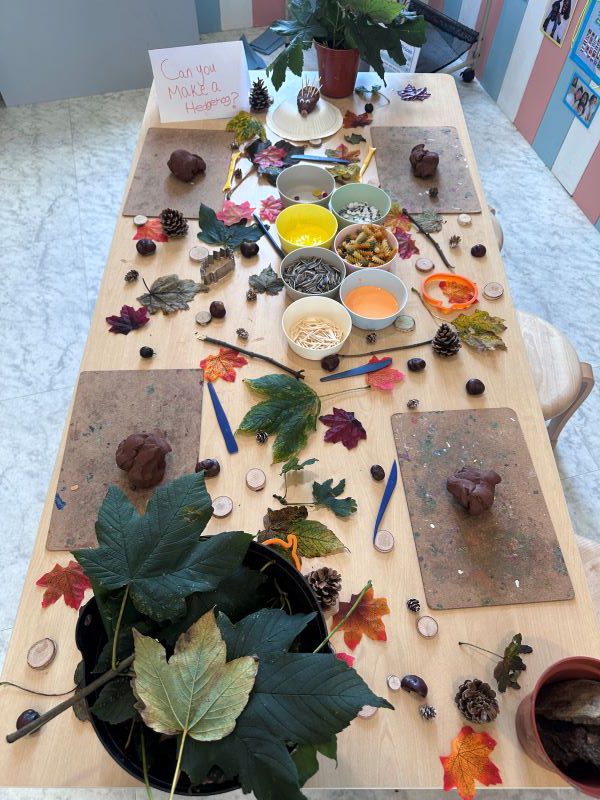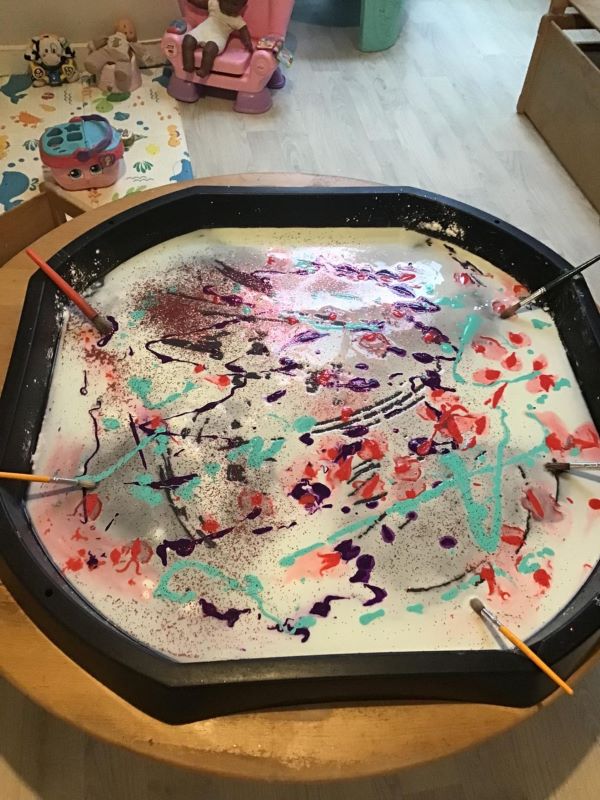The Importance of Sensory Play for Babies
Brain development in babies is an incredible natural phenomenon. As primates our pelvis were larger and babies were born with larger brain and effectively more developed cognitive functions. As we evolved and the homo erectus started walking on earth, this biological evolutionary race started between the size of women pelvis and that of babies’ brain. This has resulted in human babies being born under developed which explains why our babies are the most helpless species. In the first 3 months of life, what has been coined as the fourth trimester, a baby’s brain will grow by 64%. This explosive growth spurt continues until a child is 3 when 80 per cent of its brain will be formed. The remaining 20 per cent will develop in the next 20 years ….
This knowledge may seem daunting for a new parent. Does that mean that we need to stimulate and guide our babies so that they can achieve their full potential during this incredible phase of development? Lucky for us the process is a natural one. After giving birth parents just need to focus on the essential needs of their baby and their own self-care with the safe knowledge that your newborn will simply learn from the world around us. Most our learning comes from our ability to using our senses to retain information. You may not realise this but the lighs, the aroma of food, a cuddle already provide an incredible sensory experience from a baby that has just left the cocoon of its mother’s womb, Something as simple as a walk to the park will be a life saver for you and a sensory revelation your new born who is discovering the world, a dog barking, the smell from the pond, the feel of the fresh air against its soft skin ……your baby can just lie there, absorb our beautiful world and its brain will grow.
As a child grows fostering sensory play is hugely important. Some of the key benefits of sensory play include:


